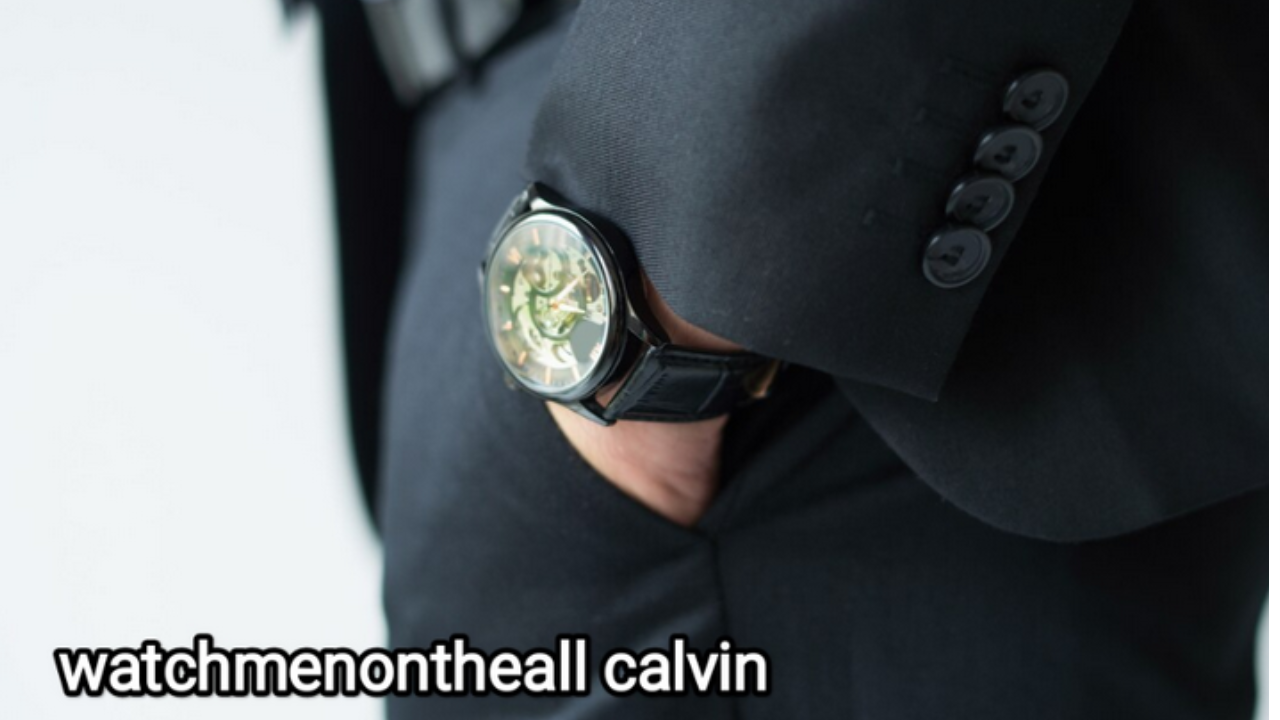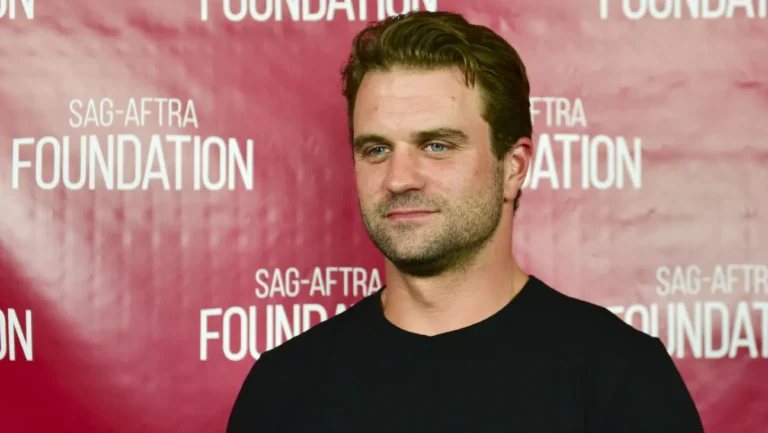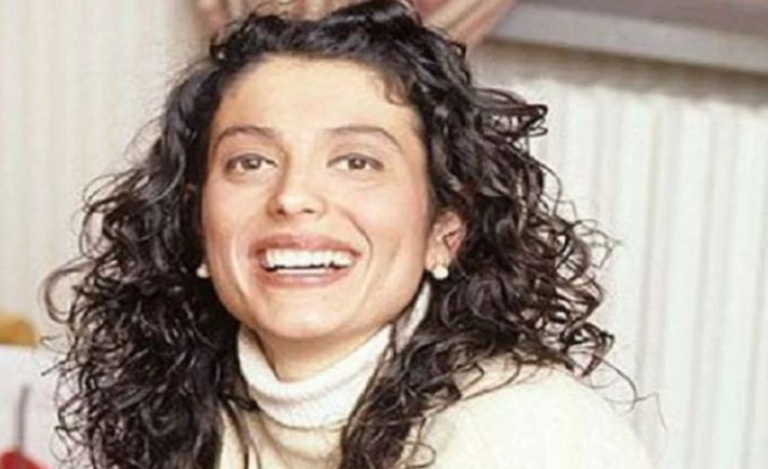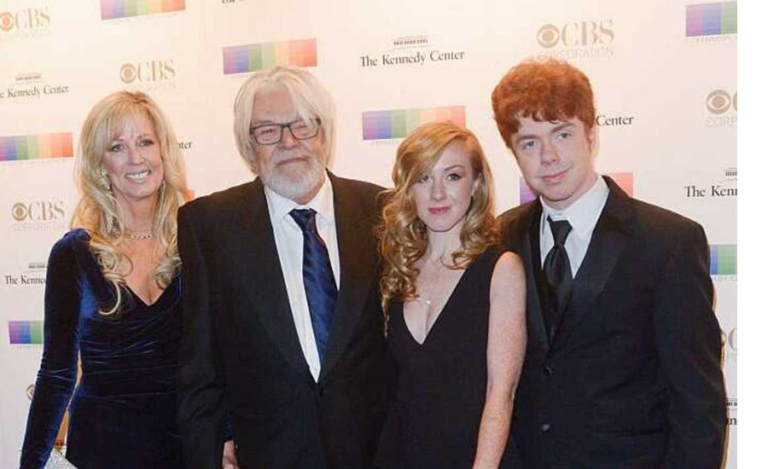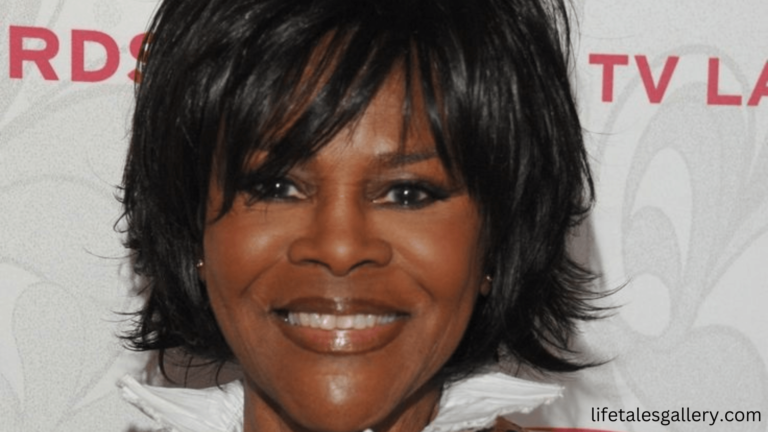Exploring the Complex World of “WatchmenontheAll Calvin”
In a world constantly evolving with new societal challenges and moral questions, stories that push the boundaries of justice and morality have a lasting impact. “WatchmenontheAll Calvin” is one such narrative, a deep, multifaceted exploration that goes beyond traditional storytelling. Through its intricate plot, diverse characters, and philosophical dilemmas, the work invites readers to question their own views on right and wrong. It is a story that defies conventional heroes and villains, encouraging reflection on the very fabric of human justice. Let’s take a deeper look into this compelling tale.
Origins
“WatchmenontheAll Calvin” isn’t just another run-of-the-mill story; it’s a narrative built on the complex nature of human behavior and morality. It opens the doors to a new kind of superhero genre, one where the question of what is truly just isn’t so easily answered. Much like classics that challenge societal norms—such as “Watchmen” and “The Dark Knight”—this work introduces a world where the line between right and wrong isn’t black and white.
The main protagonist, Calvin, is no ordinary hero. His motivations and decisions challenge the reader to rethink their understanding of heroism. He doesn’t merely fight for good; he struggles with the very concepts of justice and vengeance, forcing both the characters within the story and the audience to confront uncomfortable truths.
Characters
One of the standout features of “WatchmenontheAll Calvin” is its cast of complex characters. Rather than being simplified heroes or villains, they are deeply human. Calvin, the central figure, embodies this moral complexity. He often finds himself caught in situations where the choice between right and wrong isn’t clear, and even when he makes a decision, it leaves him questioning his own morality.
This moral ambiguity extends to the supporting characters as well. They each represent different perspectives on justice, morality, and the consequences of actions. Some believe in absolute justice, while others see the world in shades of gray. These diverse viewpoints create friction, making every interaction in the story meaningful and impactful.
Calvin’s internal struggles also speak to a broader human experience. How often do we, in our own lives, struggle with doing what’s right versus doing what seems necessary? Calvin’s journey through the story serves as a mirror to our own moral challenges, prompting us to look inward and ask ourselves: what would we do in his shoes?
Philosophy
At the heart of “WatchmenontheAll Calvin” is a deep exploration of philosophy. The story invites readers to ponder the nature of justice, the value of morality, and the consequences of actions. It’s not just a story about fighting evil—it’s a philosophical meditation on what constitutes good and evil in a world that’s far from perfect.
Throughout the narrative, the characters are forced to wrestle with difficult questions: Is justice always just? Can morality exist without compromise? What happens when the pursuit of righteousness leads to harm? These philosophical inquiries are more than just intellectual exercises; they reflect the very challenges we face in our own society.
In many ways, “WatchmenontheAll Calvin” holds a mirror up to the reader’s own belief system. The moral dilemmas presented to the characters are not far removed from the real-life ethical quandaries we face every day. The narrative invites readers to step into Calvin’s world and navigate the grey areas alongside him, all the while questioning their own perspectives on justice.
Justice
Justice is at the core of “WatchmenontheAll Calvin,” but it is presented in an unorthodox way. Calvin is not your typical hero who fights for a clear, unquestionable sense of justice. Instead, his journey revolves around understanding that justice can mean different things to different people, and sometimes, achieving it requires difficult, morally ambiguous decisions.
This exploration of justice is what sets “WatchmenontheAll Calvin” apart from other narratives in the genre. It shows that justice isn’t a one-size-fits-all concept; it’s something fluid, shaped by personal beliefs, past experiences, and societal context. The story asks us to question the systems we have in place and whether they truly serve justice or simply perpetuate existing power structures.
What makes the tale even more compelling is how the characters react to their own versions of justice. Some seek vengeance under the guise of righteousness, while others try to reform the system from within. Calvin himself struggles with these conflicting approaches, trying to reconcile his own actions with his broader understanding of justice. In doing so, the narrative provides a nuanced view of what it means to be just, emphasizing that sometimes the right choice isn’t the most obvious one.
Society
“WatchmenontheAll Calvin” also presents a strong commentary on society. As the narrative unfolds, it becomes clear that the world Calvin inhabits is far from ideal. It mirrors our own society, where power dynamics, corruption, and inequality create an environment that challenges the pursuit of true justice.
The story’s exploration of societal flaws reveals the inherent difficulties in achieving real justice. Calvin and his allies are often thwarted not by a lack of will, but by the deeply entrenched systems that resist change. This aspect of the story mirrors the challenges faced by those who work to fight for social justice in the real world.
At the same time, the story presents hope. Even in a world so fraught with issues, there are characters who are willing to challenge the status quo, often at great personal cost. This struggle against societal oppression is one of the central themes in the narrative, and it encourages readers to think about their own role in shaping the world around them.
Reflection
One of the most powerful aspects of “WatchmenontheAll Calvin” is its ability to make readers reflect on their own lives and beliefs. By presenting characters who struggle with complex moral and ethical decisions, the story encourages readers to ask themselves how they would respond in similar situations. Would they choose to uphold the law, even when it conflicts with personal values? Or would they take a more pragmatic approach, challenging the existing system in an attempt to create a more just world?
Through Calvin’s journey, readers are prompted to reflect on their own beliefs about justice and morality. The narrative challenges us to examine our biases, assumptions, and values in a way that few stories do. It invites us to think about what we would sacrifice for the greater good and whether the ends ever justify the means.
Legacy
Though “WatchmenontheAll Calvin” may be a relatively new work in the literary landscape, its themes and ideas are universal. The philosophical dilemmas explored in the story transcend time and culture, making it relevant to readers from all walks of life. As such, the narrative has the potential to leave a lasting impact, shaping future discussions about justice, morality, and the role of the individual in society.
In the end, the power of “WatchmenontheAll Calvin” lies in its ability to spark meaningful conversations. It forces us to confront the uncomfortable truths about the world we live in, challenging our perceptions of right and wrong. It is a story that stays with you long after the last page is turned, leaving you with lingering questions about the nature of justice and what it truly means to do the right thing.
Conclusion
“WatchmenontheAll Calvin” is a masterful exploration of morality, justice, and society. Through its complex characters, philosophical inquiries, and thought-provoking plot, it offers a unique perspective on the age-old questions of right and wrong. The story doesn’t provide easy answers; instead, it invites readers to think critically about the choices we make and the systems that govern our lives.
As we journey through Calvin’s world, we are reminded that justice isn’t always clear-cut, and sometimes, the pursuit of what’s right involves difficult, morally ambiguous decisions. By challenging our preconceived notions, “WatchmenontheAll Calvin” encourages us to reflect on our own beliefs about justice, morality, and the greater good.
